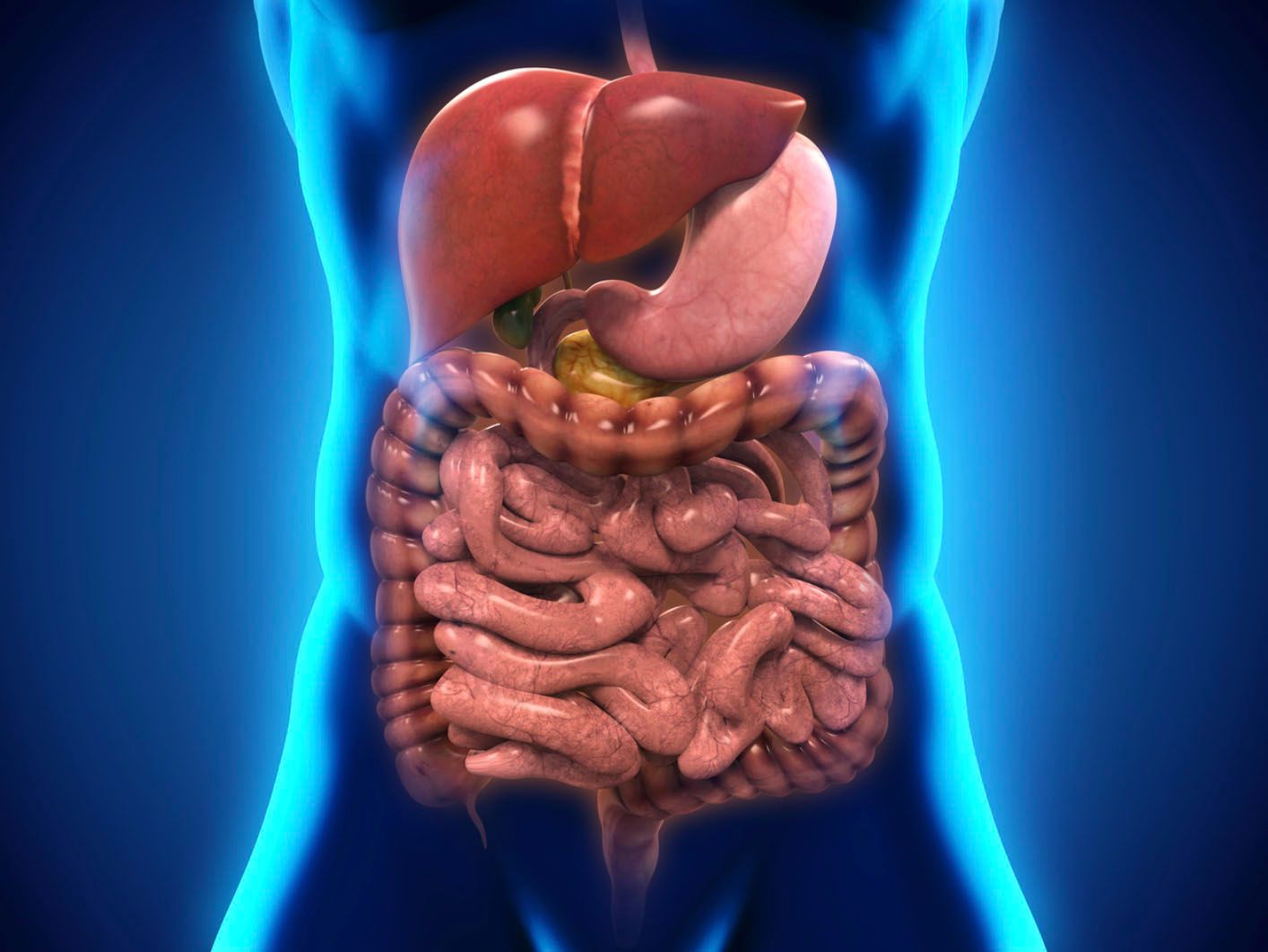Patients With BRAF+ non-V600 Colorectal Cancer May Be Sensitive to Anti-EGFR Therapy
Certain patients with BRAF non-V600-mutant, RAS-dependent metastatic colorectal cancer may be sensitive to anti-EGFR therapy, according to the results of a a multicenter pooled analysis recently published in Clinical Cancer Research. The analysis suggested that those with RAS<em>-</em>dependent tumors were more likely to respond to anti-EGFR therapy than those with RAS-independent tumors.

Certain patients withBRAFnon-V600-mutant,RAS-dependent metastatic colorectal cancer (mCRC) may be sensitive to anti-EGFR therapy, according to the results of a a multicenter pooled analysis recently published inClinical Cancer Research.1The analysis suggested that those with RAS-dependent tumors were more likely to respond to anti-EGFR therapy than those withRAS-independent tumors.
Among patients withBRAFnon-V600 mutations, 8% withRAS-independent mutations (class 2) responded to anti-EGFR therapy, whereas 50% of patients withRAS-dependent mutations (class 3) responded to anti-EGFR therapy (P= .02).
"Through the analysis of colorectal cancer tumors with specificBRAFmutations, we identified a potential new indication for anti-EGFR treatment, highlighting the power of precision oncology," study investigator Hiromichi Ebi, MD, PhD, chief of the Division of Molecular Therapeutics at the Aichi Cancer Center Research Institute in Nagoya, Japan, stated in a press release.2
Similar findings were reported, irrespective of whether patients received anti-EGFR therapy as first- or second-line therapy, or third or later-line treatment. In the first- or second-line setting, 17% of patients with class 2BRAFnon-V600 mutations and 78% patients with class 3BRAFnon-V600 mutations responded to anti-EGFRtherapy (P= .04). In the third- or later-line setting, 0% of patients with class 2BRAFnon-V600 mutations and 37% of patients with class 3BRAFnon-V600 mutations responded to anti-EGFR therapy (P= .14).
"Cancer genomic profiling is rapidly transforming the clinical management of cancer patients," Ebi stated in the press release. "Results from our study indicate that metastatic colorectal cancer patients with certainBRAFmutations should be considered for anti-EGFR treatment, a new indication for this population of patients."
Approximately 10% of patients with mCRC harbor mutations in theBRAFgene. Historically, anti-EGFR therapy is not recommended for patients with class 1BRAFV600 mutations as they are often right-sided and confer a worse response to EGFR inhibition. Notably,BRAFnonV600-mutant tumors often originate in the left side of the colon, but only those that are class 3 rely on EGFR to trigger RAS signaling.
To assess the activity of anti-EGFR therapy among the classes ofBRAFnon-V600 mutations, investigators retrospectively analyzed prospectively sequenced institutional data from 40 patients with mCRC who had been treated with anti-EGFR therapy between 2010 and 2017.
Among them were 12 class 2BRAFnon-V600 mutations and 28 class 3BRAFnon-V600 mutations. Baseline characteristics were comparable between groups.
Common treatment regimens included combinations of standard FOLFOX, irinotecan, or FOLFIRI, with EGFR antibodies cetuximab (Erbitux) and panitumumab (Vectibix).
The median overall survival (OS) of patients withBRAFnonV600-mutant mCRC was 40.2 months (95% CI, 30.4-50.0). Among patients withRASwild-type tumors, those with class 2BRAFnon-V600mutant mCRC had a median OS of 26 months versus 44.8 months in those with class 3BRAFnon-V600mutant mCRC (P= .21).
The median duration of response to anti-EGFR therapy was 4 months (95% CI, 2.1-5.9) and 6.1 months (95% CI, 0.8-11.4) in the class 2 and class 3BRAFnon-V600mutant mCRC groups, respectively (P= .25).
Notably, more than half of patients with left-sided class 3BRAFnon-V600 mutations responded to anti-EGFR treatment, whereas 2 of 7 patients with right-sided tumors responded to anti-EGFR therapy.
Patient-derived tumor models were also employed. Mice were treated with cetuximab at a dose of 50 mg/kg twice weekly or placebo and observed daily. Three cases of cetuximab resistance were reported among two class 2 and one class 3BRAFnon-V600mutant xenograft models. Both cases of EGFR sensitivity were reported in class 3BRAFnon-V600mutant models.
Due to the small number of patients harboring class 2 or class 3BRAFnon-V600 mutations and the fact that most patients assessed in the study also received chemotherapy, additional studies will be needed to validate the signal reported in the trial and evaluate the effects ofEGFR-directed monotherapy within these functional classes ofBRAF-mutant mCRC.
References
- Patients with metastatic colorectal cancer harboring certain BRAF mutations may respond to anti-EGFR therapy. American Association for Cancer Research. Published September 12, 2019. https://bit.ly/2kbkJVE. Accessed September 12, 2019.
- Yaeger R, Kotani D. Mondaca S, et al. Response to anti-EGRR therapy in patients with BRAF non-V600-mutant metastatic colorectal cancer [published online September 12, 2019].Clin Cancer Res. doi: 10.1158/1078-0432.CCR-19-2004.